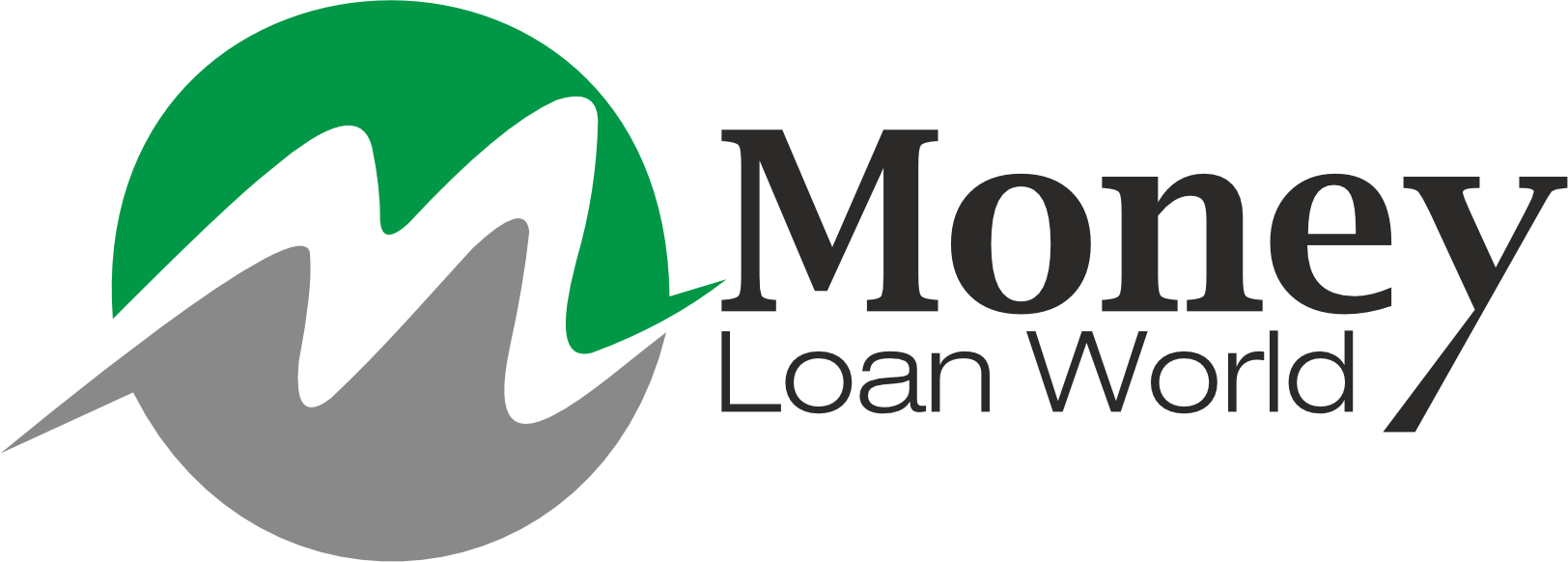In recent years, the financial services landscape has changed dramatically. Traditional banks, long considered a cornerstone of financial stability, are facing an unprecedented challenge from new lenders: restructuring. These new institutions are revolutionizing the availability of capital for individuals and businesses, fundamentally changing the dynamics of the credit market.
Characterized by stringent regulations, long approval times and collateral requirements, traditional credit markets are often inaccessible to a segment of the population Small Business , startups and individuals with limited credit histories have historically struggled to raise funds from traditional banks. This lack of access has created a gap in the market, and new financial solutions are expertly managed.

One of the most important problems posed by the new economy is the democratization of credit. Traditional measures such as cost, such as technical evaluations, and psychometric evaluations, can be examined. to be helpful, including what traditional lenders consider ‘non-banking’.
Peer-to-peer (P2P) lending platforms have emerged as key players in the new financial system. These options include private borrowers and investors who are willing to repay their loans. By cutting out the middlemen – traditional banks – P2P lending reduces overhead costs and simplifies the lending process, offering lower interest rates for borrowers and investors is highly profitable Furthermore, P2P lending provides a more personalized and transparent lending experience, with direct contact from borrowers with investors and negotiation of terms.
Another disturbing force in the new economy is the growth of crowdfunding schemes. Originally popular as a way for individuals to fund creative projects or philanthropic endeavors, crowdfunding has evolved into a viable funding source for startups and small businesses, especially in equity crowdfunding which enables entrepreneurs to raise capital through the massive distribution of shares in their company an investment group. This democratization of investment not only provides start-ups with much-needed capital but also allows ordinary individuals to invest in promising businesses and share in their success.
In addition, the advent of blockchain technology has enabled decentralized finance platforms (DeFi), which offer a wide range of financial services including lending and borrowing without the need for traditional intermediaries Leveraging smart contracts and blockchain technology, DeFi platforms offer borrowers greater flexibility and transparency, while reducing counterparty risk,. Transactions -And reduce costs.
However, the rapid provision of new finance is not without its challenges. Regulatory uncertainty, cybersecurity concerns, the possibility of market manipulation are some of the issues that need to be addressed to ensure the long-term sustainability and stability of these platforms The networks is invisible.
In conclusion, new finance is disrupting traditional credit markets by providing access, efficiency and innovation. Using technology, data analytics and decentralized platforms, these new lenders are revolutionizing the way individuals and businesses access capital, ushering in a new era of financial inclusion and control And ensuring the financial system.
Read more.. How to Apply for Home Finance Online in 2023 Read more.. How to Apply for Agriculture Finance Online in 2023
